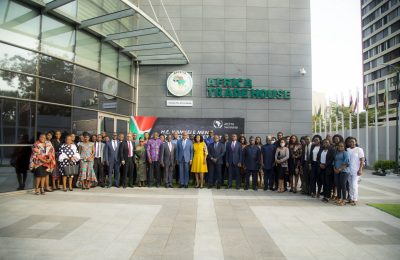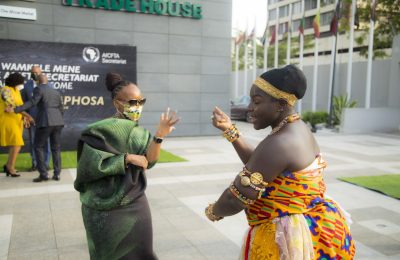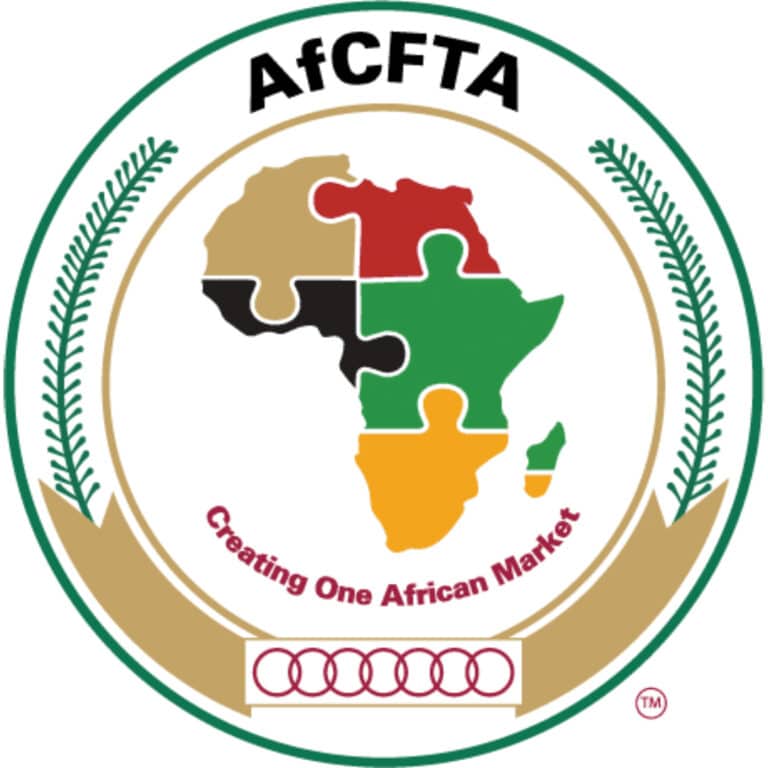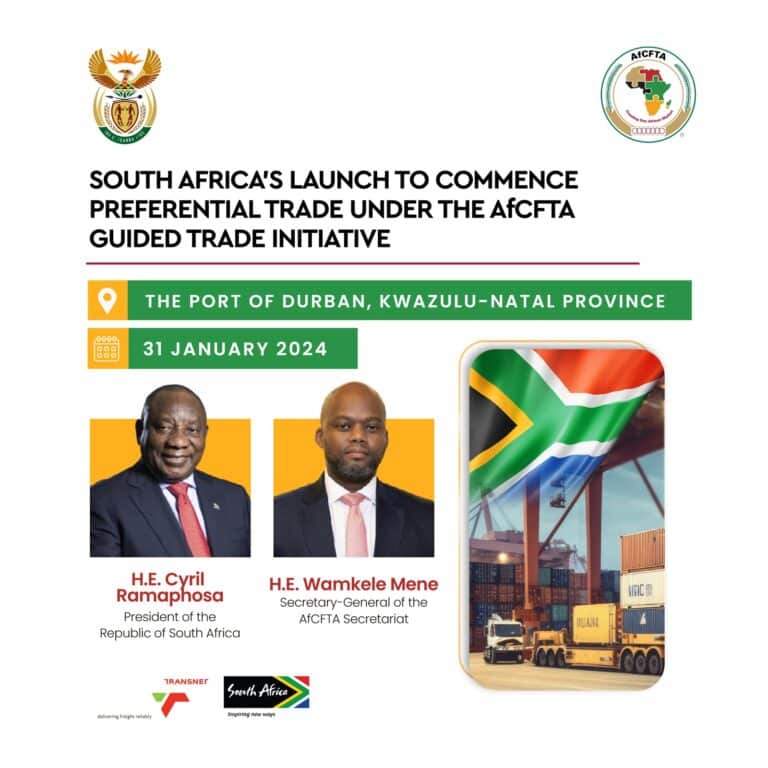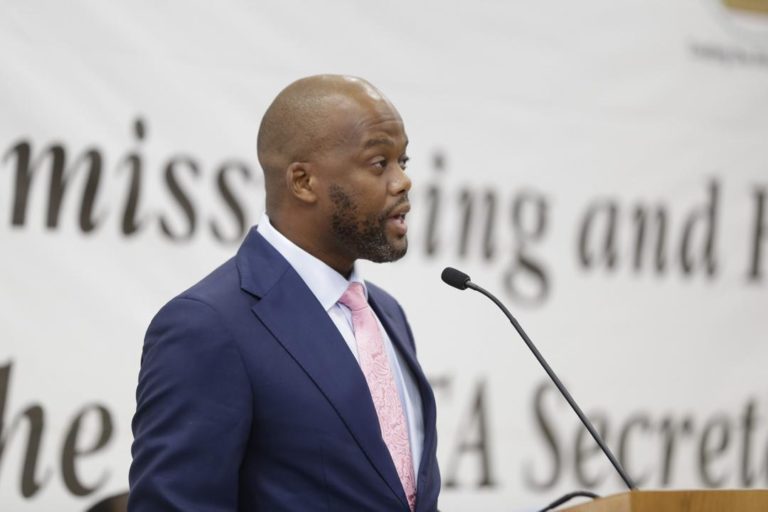Some stakeholders have called on Africans to think, produce and consume goods produced on the continent to promote African growth and development. They made the call at the 2023 Africa Economic Conference (AEC) in Addis-Ababa on Thursday. They spoke during a plenary on how Africa could leverage the African Continental Free Trade Area (AfCFTA) to spur sustainable, inclusive industrialisation. AfCFTA aims to unite 54 diverse economies, creating a single market for 1.5 billion people in Africa. The stakeholders urged African countries to prioritise equitable market access, reduce trade barriers, and promote fair competition to implement the AfCFTA.
Kevin Urama, AfDB chief economist and vice-president, said there was a need for Africans to focus on infrastructure development on the continent. “To fully implement the AfCFTA, African member states should prioritise production with a focus on manufacturing. We need to invest more in hard infrastructure such as roads, rails, and airlines for moving goods to market and to improve on factors of production and manufactured goods.
”Trade barriers among countries are still a challenge, making trade difficult. Thus, there is a need to address this challenge. There is a need to also invest in border agencies and customs to remove the barriers and improve the efficacy of AfCFTA,” stated Mr Urama. Melaku Alebel, Ethiopia’s minister of industry, said export and import promotion was crucial to enhance the manufacturing sector on the continent. Mr Alebel said Ethiopia was actively pursuing various mechanisms on manufacturing through AfCFTA to create employment opportunities and economic growth. He said the country invested highly in policy, regulatory reforms and infrastructure such as railways, airlines, energy, and roads to promote industrialisation. The minister called for industrial transformation and local value chain strengthening to ensure the continent’s growth.
Matthias Naab, UNDP director of the regional services centre, decried limited access to affordable financing for entrepreneurs despite the huge resources available on the continent. Mr Naab said ensuring inclusivity, infrastructure challenges, and the digital divide posed a challenge as women and youth faced discrimination to access services. He called on governments to address these challenges, adding that UNDP was training young people and organisations for homegrown solutions and how to access financing easily.
”African countries need to address risk factors, making source of capital very high, and leverage private sector financing. Domestic revenue mobilisation is still low; therefore, countries need to implement policies for revenue mobilisation,” Mr Naab stated.Adam Elhiraika, the ECA director of macroeconomics and governance division, said there was a need for a new narrative that focuses on structural transformation through industrialisation in Africa.
“Africa’s potential is huge, but for us to utilise this to finance investment in manufacturing, we need a comprehensive macroeconomic framework. We must not export raw materials without adding value. We need producers on the continent to use materials available locally,” he said. Similarly, Million Habte, the coordinator of AfCFTA Implementation via National Committees, reiterated the importance of countries implementing AfCFTA. According to him, AfCFTA has a holistic approach to free trade on the continent driven by member states.
Source: News Agency of Nigeria
